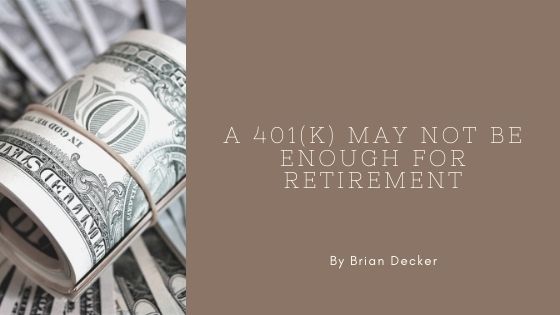Retirement planning is a complicated business. Generations ago, many workers entered retirement with a pension paid by their longtime employer. Later, 401(k) accounts emerged. These, too, are provided by employers.
401(k)s provide workers with a tax-advantaged way to save for retirement. With a 401(k), people have more control over how much they save and how it’s invested. Most people deposit about 10% of their earnings into their 401(k).
Often, their employers also provide a company match. Some profit-sharing plans also involve 401(k)s. There are limits to how much a worker can invest during each year. As people get nearer and nearer to retirement age, they’re able to invest more in their 401(k).
These accounts are a wonderful instrument for saving. They can grow a great deal over time. For people who start a 401(k) upon entering the workforce at 20 or 22, it’s possible to build a sizable nest egg. But due to limits on contributions imposed by the IRS and other phenomena like inflation, a single 401(k) account is unlikely to be enough to retire on.
Another issue is the costs associated with 401(k)s, including management fees and, eventually, taxes. 401(k)s are tax-deferred. That means workers avoid taxes on the funds they deposit at the time they deposit them. But at withdrawal, 401(k)s are taxed. The tax rate can change over the years. Depending on who’s in power politically, workers may pay more taxes than they would have when depositing into their accounts.
Some people work during their retirement in order to make up the shortfall from their 401(k). Others start a Roth IRA in addition to their 401(k). IRA stands for Individual Retirement Account. Deposits into a Roth IRA are taxed at the time they’re made. Upon withdrawal, they are tax-free. Roth IRAs also allow people to make withdrawals at any time with no tax penalty. That’s not the case for 401(k)s.
In some ways, Roth IRAs use the opposite structure of a 401(k). IRAs are available through financial providers like banks and brokerages. Even apps like Acorns offer IRA options for their users.

